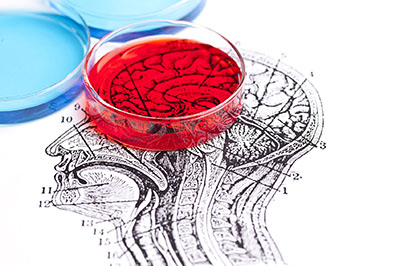 At Home: Survivor Support
At Home: Survivor Support
Most survivors will tell you that having cancer is a life-altering experience. While cancer patients are still pursuing or undergoing treatment, there’s an abundance of resources on which they can rely for support. Yet frequently, after the rounds of medication and care are finished and they’ve been given the ?all-clear,? the stability of that support falters?even if the survivors aren’t quite emotionally ready to integrate back into their old lives.
But, as The Globe and Mail reports, there’s good news: the After Cancer Treatment Transition Clinic, an ?innovative program? run out of Princess Margaret Hospital and Women’s College Hospital in Toronto, is just one of a number of similar organizations that are ?changing cancer care across North America.?
Why the need? Once treatment is completed, ?cancer survivors continue to face challenges? like a ?vulnerable psychological state? and ?overwhelming fatigue, anxiety, difficulty returning to work, fertility concerns and changes in brain function.? To provide continuing support, the so-called ?transition care? programs help patients deal with their unique issues, and often offer counselling where necessary. Other services provided include medication and treatment explanations, nutritional advice, and other information needed to allow patients a full understanding of the ?short- and longer-term effects of cancer.?
Around the World: Play It Again
It’s summertime, and the kids are getting out of hand: picking fights, acting out, getting increasingly aggressive as boredom escalates. Although sports have long been linked with negative behaviours, a new study suggests the opposite: team sports may actually have a positive effect on aggressive boys.
As The Globe and Mail reports, a recent study from Tel Aviv University suggests that, in fact, ?physical education can be more effective than verbal therapy? when working with aggressive boys. Although girls were included in the study, the results were not as obvious as with boys.
The study, which focused on children ?from low socioeconomic backgrounds,? discovered that ?compared to the control group . . . the physically active group showed greater self control, problem solving and a decline in aggressive behaviour.?
The study’s leader believes that because physical activity actually ?reduces negative emotions,? It’s more effective than simply lecturing or talking through problems.


